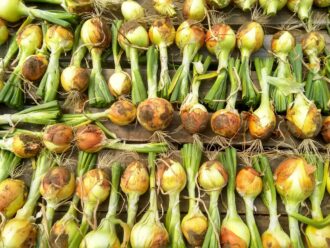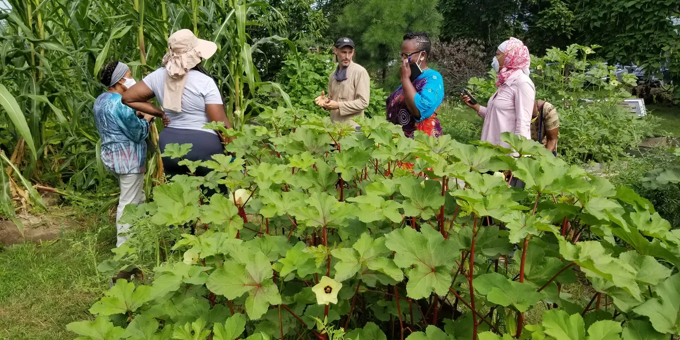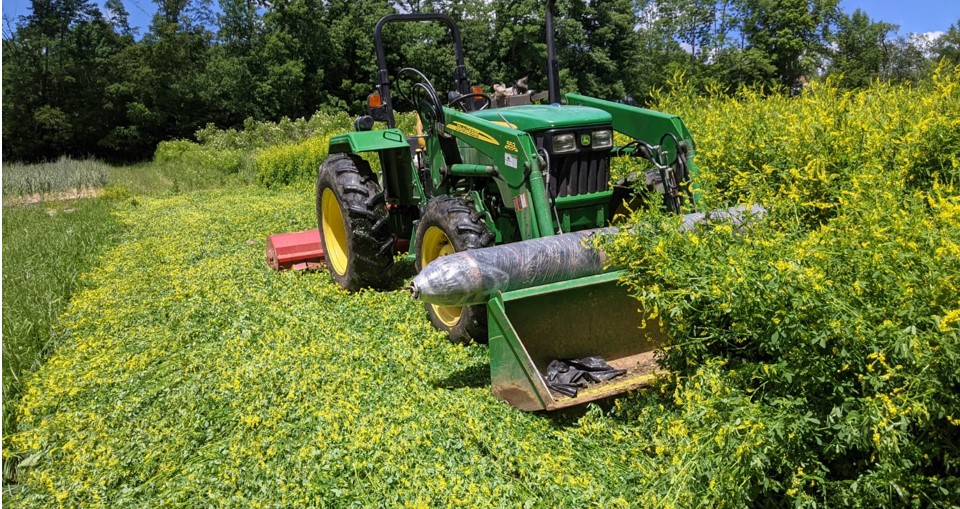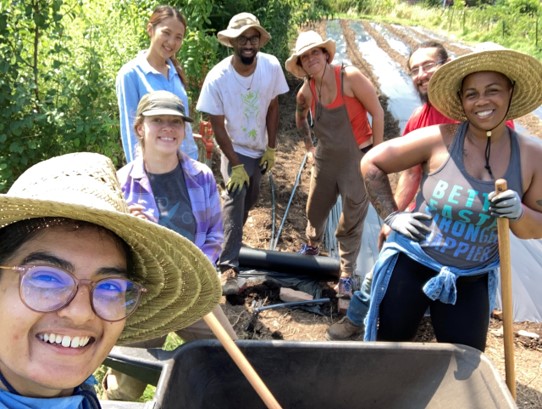Northeast SARE's 2023 Large Grant Webinar features information on how to write a strong preproposal
As part of the 2023 Large Grant Webinar, coordinators highlighted specific projects to explore what factors contribute to the success of a Northeast SARE grant.
Research for Novel Approaches Grant Coordinator Kali McPeters discussed project LNE22-456R, Culturally Meaningful, Regionally Adapted Seed: Making the Ujamaa Cooperative Farmers Alliance Market Ready.
One of the reasons reviewers considered this a strong proposal is that the Ujamaa project presented both regional and state-specific survey data, and also cited conference and workshop attendance numbers as evidence to support a high level of farmer interest in their planned work.
Additionally, the project is farmer driven and growers are embedded at every phase of project development and planned research activities. Through bi-weekly meetings and the development of a farmer-led research team, the project intentionally makes space for meaningful engagement and feedback from farmer stakeholder groups.
Professional Development Grant Coordinator Katie Campbell-Nelson discussed a recent grant project, ENE20-164, The Northeast Climate Adaptation Fellowship to Support Vegetable and Fruit Farmers.
Katie explained several reasons why the Northeast Climate Adaptation Fellowship proposal was considered strong.
The relationship between the service providers and farmers were strong and well described. They received stipends to allow them to design or even implement a climate adaptation strategy together. Reviewers liked the strong peer aspect of the proposal
The project connected many agricultural service provider networks and farmers from 12 states
The Climate Adaptation Fellowship had a strong education plan and team.
Associate Director and Research and Education Grant Coordinator Heather Omand explained how Research and Education Grants are focused more on behavior change than research results.
“The core focus of a strong Research and Education grant is farmer adoption and behavior change that leads to greater sustainability. Thus, education that brings about behavior change is the only required component and we fund many strong R&E proposals with and without research.”
Heather also highlighted a recent project and what made its proposal successful. LNE21-419, Teaching Black Farmers in Baltimore City to Grow Ethnic Crops for Black Communities.
The project created a training program for beginning Black farmers in Maryland using classroom learning, field day instruction, and farmer-to-farmer mentorship. It was successful for several reasons:
Well-documented, strong farmer engagement.
Strong educational approach utilizing a diverse variety of activities.
A specific, verifiable, realistic, and yet ambitious performance target.
An education plan that could enhance sustainable agriculture in the Northeast regardless of research outcomes.
Research that was well-designed to complement the education plan.



